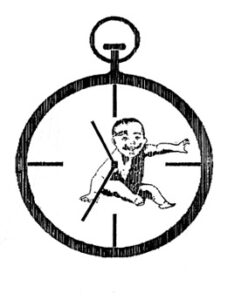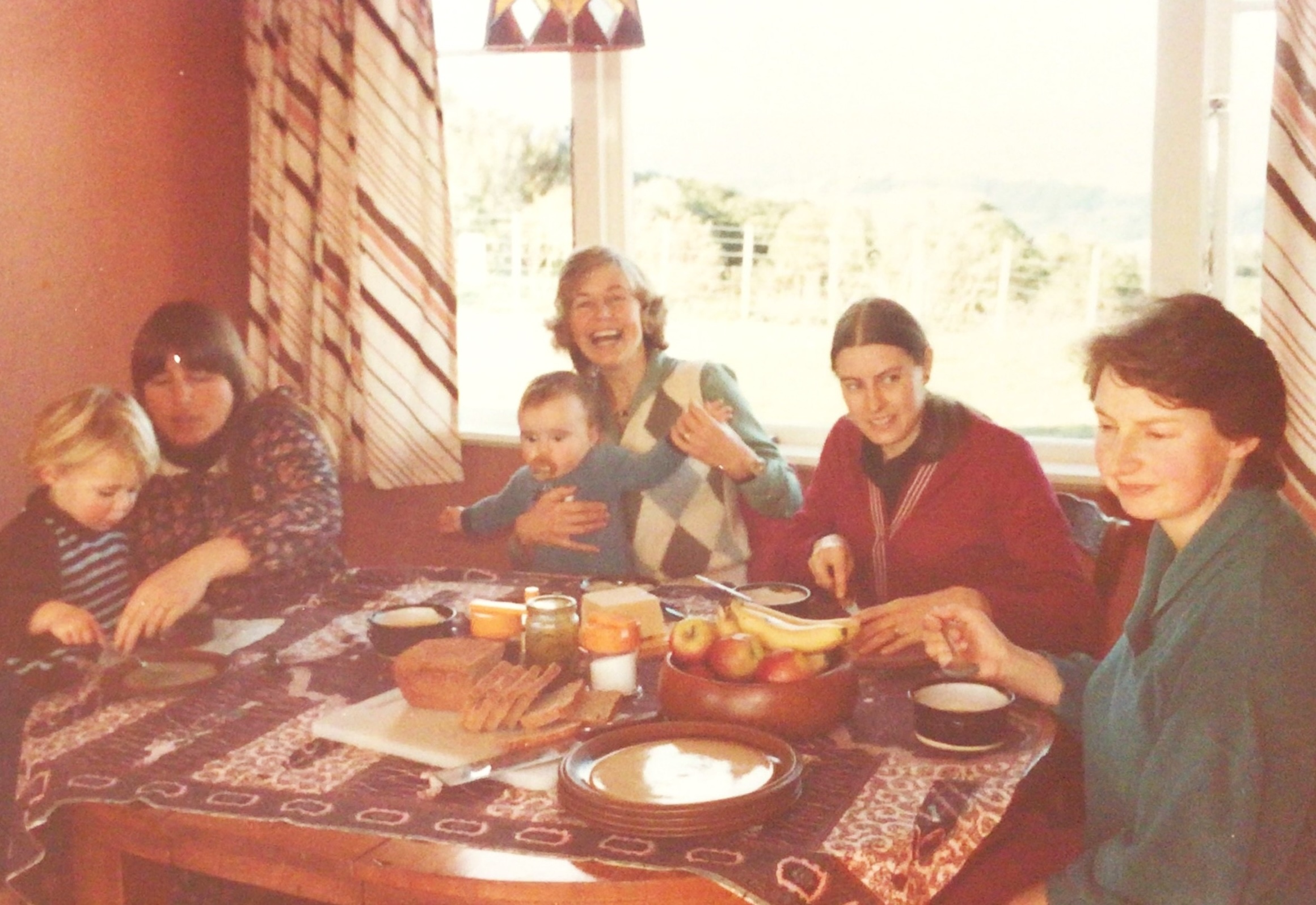Article Summary by Charlotte Greenhalgh

‘The Right Time’ draws on unique, grassroots survey research on New Zealand women’s decisions to delay childbearing and become parents after the age of 30. These 1980s studies and their archived research papers spotlight participants’ determination to time childbearing to coincide with financial stability, strong romantic partnerships, and sufficient personal development to meet the demands of early parenthood. The Aotearoa studies were distinctive because their researchers and participants treated medical approaches to maternal age as relatively minor concerns. This article traces New Zealand women’s slow and uncertain engagement with medical recommendations about maternal age and reproductive risks during the 1980s, especially in relation to genetic anomalies. The broad scope of Aotearoa’s grassroots inquiries reveals significant tensions between women’s proactive stances towards parenthood and increasingly forceful, although unsettled, medical recommendations about maternal age.

Listen to the author discuss the article below:
Read the full article on the Medical Humanities journal website.
Charlotte Greenhalgh teaches and researches history at the University of Waikato in Aotearoa, New Zealand. Her current project is a history of personal experiences of pregnancy in twentieth-century New Zealand. Charlotte is also working on collaborative projects on the international histories of social surveys, hormonal pregnancy tests, and clinical trials. Charlotte is the author of Aging in Twentieth-Century Britain (University of California Press, 2018).